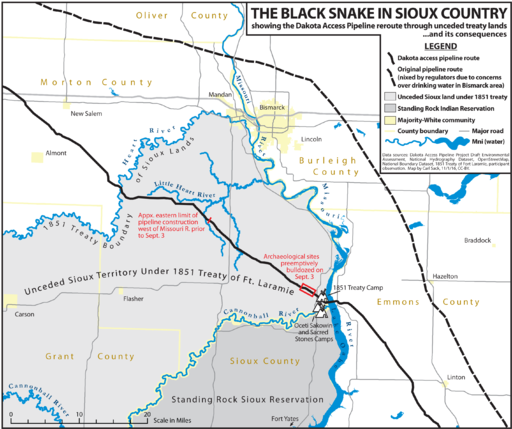It Ain’t Heavy

A logo designed in 2010 by Sean Monahan for a wing of the Democratic Socialists of America. Since 2016, about 24,000 people have joined the DSA, most of them under age 35.
A public service announcement from the ACLU in reaction to the use in 1988 by the Bush campaign of the phrase “card-carrying member” as a smear tactic. Interesting to note the mentions of the ACLU defending Oliver North.
In good news for people who would still like to work within the Democratic Party but who see it as hopelessly beholden to corporations while cynically throwing identity politics bones to the left wing in order to appease them, candidates for local and state offices around the country who are endorsed by the Democratic Socialists of America (DSA) are having success in elections since 2016. The DSA is not a political party. It is an activist movement within and sometimes without the Democratic Party, and it endorses candidates who push its policy goals such as a $15 an hour minimum wage and getting the corrupting influence of corporate money out of politics. Michael Harrington founded the DSA in 1982, and the organization had not seen much success until the past two years, when Vermont Senator Bernie Sanders openly avowed socialist principles in his presidential campaign, for many people doing away with the stigma of socialism that Governor Dukakis had tried to wipe off himself in 1988.
Most of the people inspired to become members of the DSA by Senator Sanders’s example, even though he himself had never joined, were not yet born in 1988 when the Bush campaign found it incredibly easy and profitable to brand Governor Dukakis an extreme leftist and make it stick with the public. For these downwardly mobile Millennials, some of them highly educated and many of them underemployed, the myth of capitalism raising all boats is for suckers. These were the people who formed the core of the Occupy movement in 2011, and when the establishment in the Democratic Party pushed everyone to accept their Republican Lite candidate, Hillary Clinton, while using subterfuge to undermine Senator Sanders’s candidacy, leading ultimately to the debacle of the general election, some of these same politically active young Democrats turned to the DSA to work to change the Democratic Party from the grass roots on up.
As the 2018 mid-term elections approach, Cenk Uygur delivers an astute analysis of the Democratic Party establishment from a perspective to the left of the mainstream. As always in keeping a wary eye on politics and politicians, it is good advice to follow the money.
The national Democratic Party establishment is too compromised and seduced by corporate money to listen to what working class and middle class people in places like western Pennsylvania are concerned about, the same people who essentially cast protest votes for Orange Julius in 2016, as ill-advised as that may have been. The Democratic establishment will try to make the 2018 midterm elections a referendum on Orange Julius, and to a certain extent they should, but what they are missing in their tone deafness to the needs of Americans in places like western Pennsylvania and Flint, Michigan, and the dairy farms of Wisconsin, is the desire of citizens there to see Democrats demonstrating real intentions to implement policies once they are in office that will improve the lives of the majority, instead of just big money corporate donors. The national Democratic Party establishment is hopelessly out of touch with those citizens. Card-carrying DSA members, working with local and state candidates, understand positive change will only come by listening to and serving citizens directly, and ignoring the cumbersome Democratic Party establishment, which is interested only in perpetuating itself by offering the easy way out by criticizing the current president’s disastrous administration, and in replacing his corporate water carriers with their own.
— Ed. 


